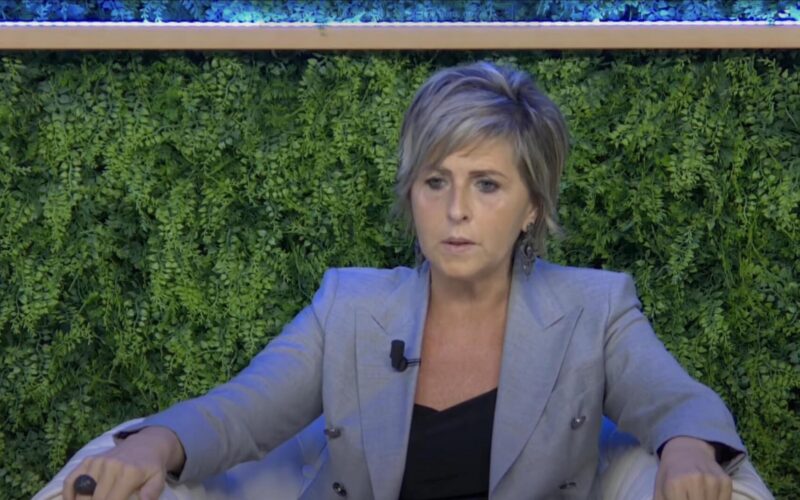Place Lux
New cleavages will shape 2024 European elections, ECFR shows
Di Flavia Iannilli
The upcoming 2024 European elections, slated for 6 to 9 June, are poised to be far more than a conventional political showdown. Expectations of a typical left-versus-right clash will likely disappoint European citizens. In this electoral cycle, the traditional party divisions of past elections will be challenged, making electoral behavior more difficult to predict.
Those with a keen eye may recall how the Brexit negotiations in 2019 served as a regulatory force for the voting season. However, in 2024, the divide between pro- and anti-Europeanists won’t suffice, and the notion of a federal Europe is not likely to gain traction.
A survey commissioned by the European Council on Foreign Relations (ECFR) indicates that French President Emmanuel Macron aptly identified the pulse of the electorate. The survey, spanning 11 countries (nine EU members and two non-EU nations), sheds light on the importance of crises and their impact on European citizens over the past decade. Macron pinpointed the electoral rift between those concerned about financial crises and those focused on the climate crisis.
As we navigate this unique set of circumstances in EU history, the pressing question emerges: what does the future hold for the European Union?
The significant challenges of the last 15 years, including the climate crisis, financial instability, migration concerns, the Covid-19 health crisis, and the conflict in Ukraine, must be addressed. These crises have permeated Europe, shaping political identities and policies, yet they remain unresolved.
While some argue that issues like Covid, economic instability, and the war in Ukraine may not be key mobilization factors, the climate and migration crises are expected to dominate and influence citizens’ votes.
However, not all countries share the same concerns. According to the ECFR, Germany prioritizes immigration, while Switzerland, Denmark, and France focus on the climate. Italy and Portugal worry about global economic turbulence, while Romania, England, and Spain remain on high alert due to Covid. Estonia, Poland, and Denmark are most apprehensive about the threat of war.
Looking ahead to the 2024 European elections and considering the nine member states surveyed, which represent 75% of the EU population, what would be the scenario if these “crisis tribes” were political parties?
The majority would comprise advocates of pandemic response alongside supporters of climate action. Observers of economic turbulence would closely follow. Those concerned about migratory flows would constitute a distinct but significant group, while advocates against war would be in the minority.







